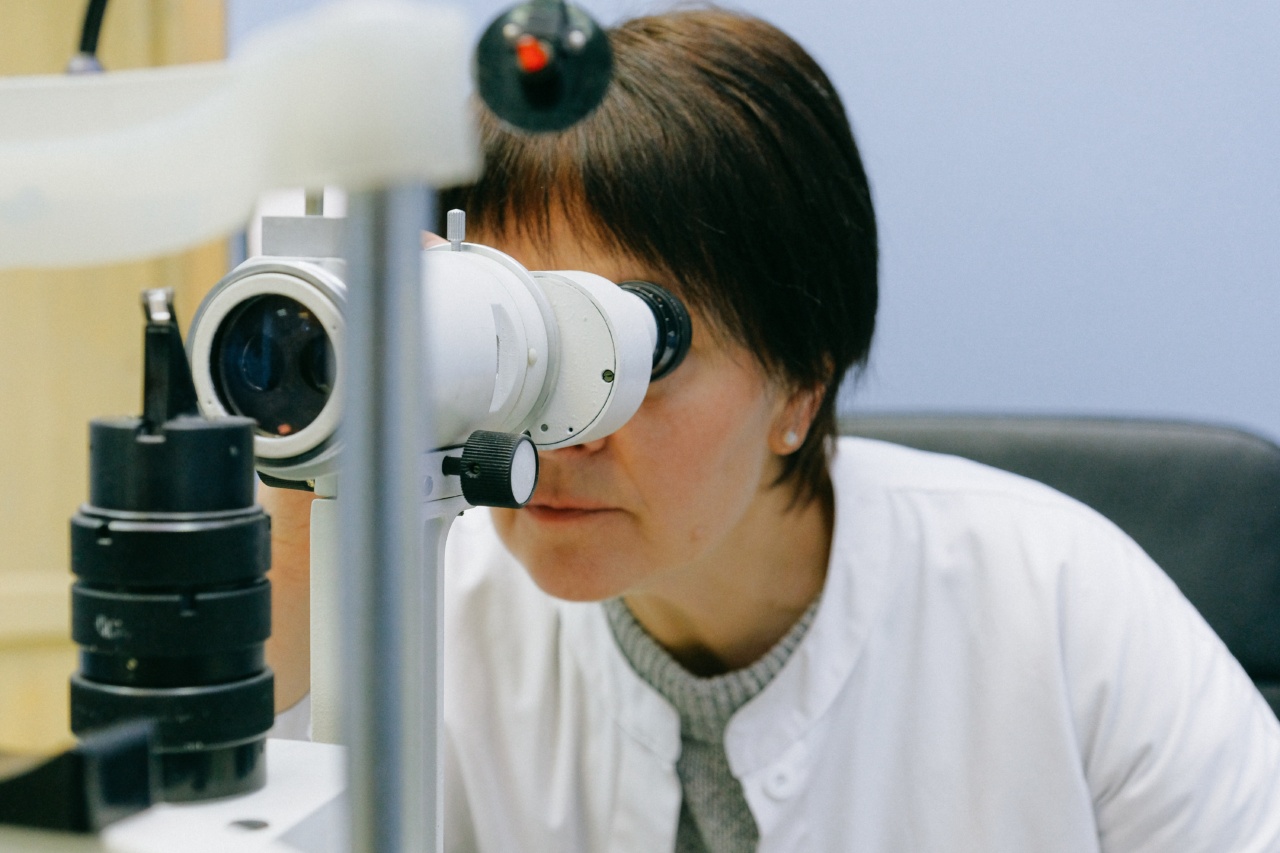Stroke and infarction are serious health concerns that affect millions of individuals worldwide. The good news is that there are steps one can take to reduce their risk of developing these conditions.
Among them is adopting a healthy diet that is rich in essential nutrients that promote heart health and prevent the accumulation of plaque in the arteries. This research investigation explores the link between diet and stroke/infarction risk reduction and provides recommendations for food choices that can help individuals stay healthy.
Research Findings
Several studies have examined the relationship between diet and the risk of stroke and infarction.
One such study found that a diet low in animal protein and high in plant-based foods, such as fruits, vegetables, whole grains, nuts, and legumes, can significantly reduce the risk of stroke and infarction. Another study found that consuming omega-3 fatty acids from sources such as fatty fish, flaxseed, and walnuts can also reduce the risk of stroke and infarction.
Omega-3 fatty acids have anti-inflammatory properties that help prevent the buildup of plaque in the arteries, thus reducing the risk of heart disease.
Furthermore, a diet that is high in fiber, such as that found in whole grains, fruits, and vegetables, has been shown to lower blood pressure, cholesterol levels, and inflammation, all of which contribute to the development of stroke and infarction.
In addition, eating foods that are low in saturated fat, such as lean proteins, and avoiding trans fats found in processed foods, can also reduce the risk of these conditions.
Recommended Foods
Based on the research findings, the following foods are recommended for a diet that helps reduce the risk of stroke and infarction:.
- Fruits and vegetables, such as berries, apples, oranges, leafy greens, and broccoli
- Whole grains, such as oats, brown rice, and quinoa
- Nuts and seeds, such as almonds, chia seeds, and flaxseeds
- Fatty fish, such as salmon, tuna, and sardines
- Lean proteins, such as chicken, turkey, and tofu
- Healthy oils, such as olive oil and avocado oil
Conclusion
Adopting a healthy diet that is low in animal protein, high in plant-based foods, and rich in essential nutrients is an effective way to reduce the risk of stroke and infarction.
Consuming omega-3 fatty acids, fiber, and avoiding saturated and trans fats can also contribute to better heart health. Individuals should aim to incorporate a variety of healthy foods into their diet and limit their intake of processed and high-fat foods.






























